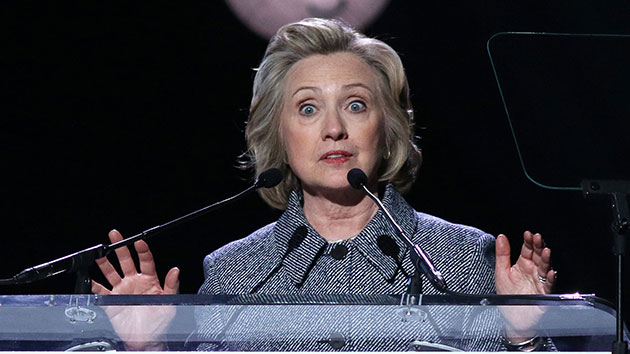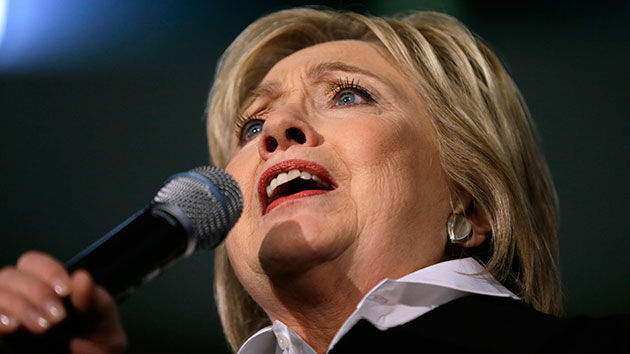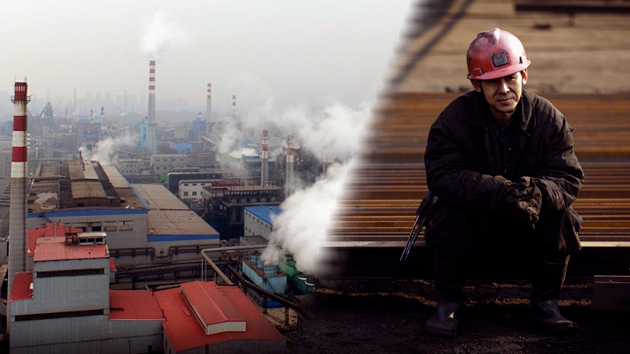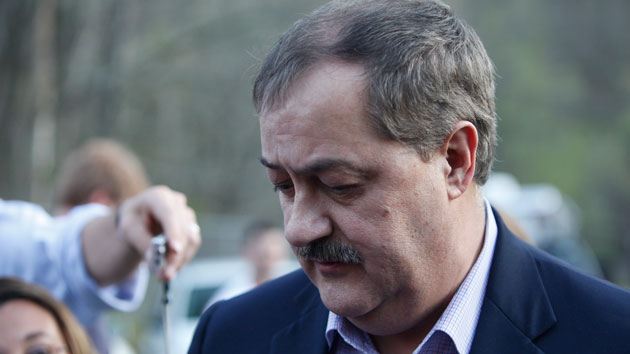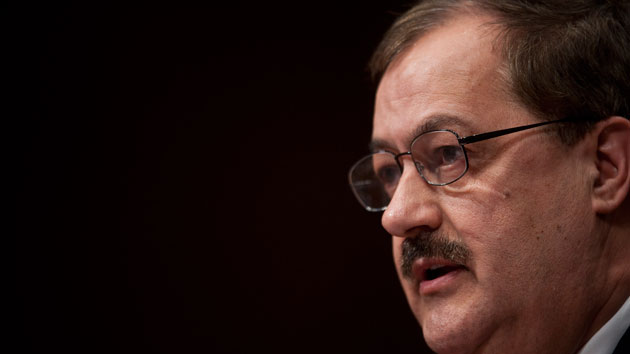
Pete Marovich/ZUMA
A federal judge in West Virginia sentenced former Massey Energy CEO Don Blankenship to a year in prison on Wednesday for conspiring to commit mine safety violations at his company’s Upper Big Branch mine during a period leading up to the explosion there that left 29 miners dead in 2010.
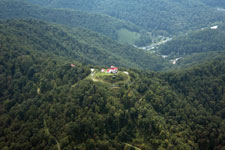
Blankenship was convicted of the misdemeanor charge in December, but the conviction was explicitly not linked to the Upper Big Branch disaster itself and Blankenship’s attorney worked hard to ensure the accident was hardly mentioned during the trial. And that verdict was a disappointment to prosecutors; he was found not guilty of the more serious felony charges of making false statements to federal regulators in the aftermath of the blast in order to boost Massey’s stock price. (Had he been convicted on all counts, he would have faced up to 30 years in prison.) The conspiracy conviction rested on evidence of Blankenship’s domineering management style, which emphasized profits over the federal mine safety laws designed to avert underground explosions:
[T]he attention to detail that made Blankenship such an effective bean counter may also be his undoing. He constantly monitored every inch of his operation and wrote memos instructing subordinates to move coal at all costs. “I could Krushchev you,” he warned in a handwritten memo to one Massey official whose facilities Blankenship thought were underperforming. He called another mine manager “literally crazy” and “ridiculous” for devoting too many of his miners to safety projects. Despite repeated citations by the MSHA, Blankenship instructed Massey executives to postpone safety improvements: “We’ll worry about ventilation or other issues at an appropriate time. Now is not the time.” And this is only what investigators gleaned from the documents they could find: Hughie Stover, Blankenship’s bodyguard and personal driver—and the head of security at Upper Big Branch—ordered a subordinate to destroy thousands of pages of documents, while the government’s investigation was ongoing. (Stover was sentenced to three years in prison in 2012 for lying to federal investigators and attempting to destroy evidence.)
Before he stepped down as Massey’s CEO in 2010, Blankenship had built the company into one of the largest coal producers in the United States and become a polarizing figure in his home state, where he bankrolled the rise of the Republican Party, pushed climate denial, and crushed unions. For more on Blankenship, read my piece from the magazine on his rise and fall.

